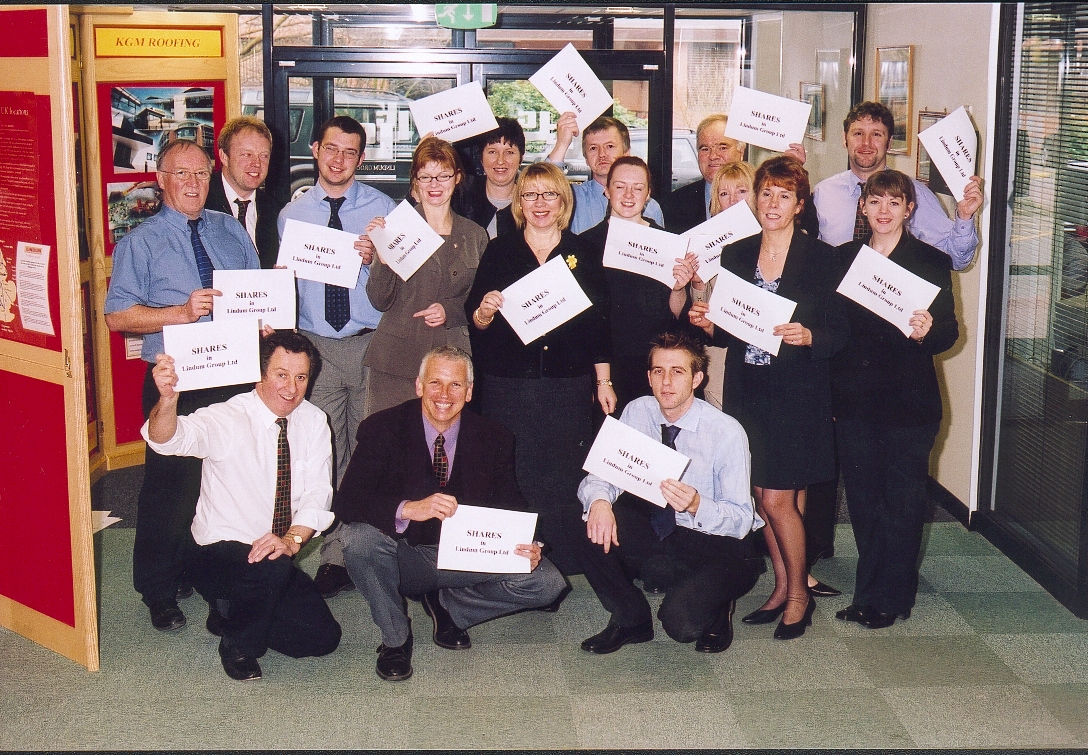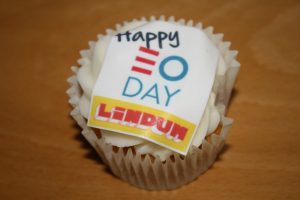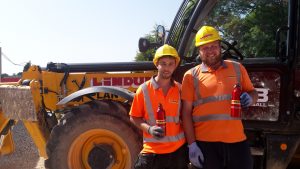
Today is national Employee Ownership day when thousands of employee owners and EO businesses come together to raise awareness of the benefits of employee ownership. Lindum has been employee-owned since 1994 and today, around two thirds of employees are shareholders in the company. Here, Group chairman David Chambers explains why the model has been best for business at Lindum…
″From the very beginning, Lindum sought to do a good job for clients and share company successes with the people who made it happen. The philosophy of ‘sustain and share’ underpinned its management from day one.
However, the catalyst to set up the Employee Ownership scheme came in 1994 during the aftermath of a particularly complicated construction project.
With hindsight, we felt some of the problems we encountered during the contract may have been avoided had there been a deeper level of pride, ownership and commitment among employees.
We hoped that by encouraging people to buy into the company, employees would be more likely to feel involved further and this has been an important factor in our success ever since.
The process took a few months to formalise and the main challenge was communicating the concept to employees. They needed to understand why we were suggesting they should become a partner in the business. We needed to be clear on the reasons, the potential benefits and, of course, the potential pitfalls.
As personnel changes, this remains a priority even today. The difference is that now we have real life examples of how the shares scheme works and how it can be beneficial to them.
In the beginning, we invited senior staff to buy shares and then we gave away free shares to every employee. This helped to embed the system and encouraged people to continue their investment.
Lindum began life as a family owned business almost 65 years ago. Now, it has 480 employee shareholders and is managed by a board of directors, who also own shares. Our company motto is ‘the best argument wins’ and this runs through all decision making processes.
Lindum Group is one company made up of several divisions. Each division has its own directors and management structure. Each of these work with their teams to determine the direction of their business within the Group plan.
Divisions manage their own business development, with the support of central resources, and all employees are encouraged to see potential business opportunities.
We also have an annual AGM to which all employees are invited. This is an opportunity to discuss the business and ask questions directly of its board of executive directors.
All staff, including management, act as ambassadors for the share schemes. They ensure new members of the team are aware of how to join and what the benefits and risk could be.
We believe being employee-owned helped us to navigate the difficulties thrown up by the Coronavirus pandemic, in the same way that it helps us handle other obstacles which come our way. The people who work at Lindum own a share of the company. They have a vested interest in the business performing well.
We can influence the share price. If we save more money, by delivering good client service or being careful how we spend money and looking after our kit, then our shares will perform better.
As well as this, we can physically see where our money is invested – a shareholder owns a percentage (no matter how big or small) of our cars, vans, tools, buildings, even our tables, chairs and pens.
In terms of the pandemic, our sites were able to reopen quite quickly provided they abided by strict regulations. Our employees understood that it was in everyone’s best interest to be back in action swiftly but without compromising on social distancing and hygiene.
There’s one story which I believe succinctly sums up the impact that employee ownership can have.
In 1993, the year before the share scheme was introduced, 29 steel saws went missing in the course of our construction work. Each one cost £1,000 to replace (and the insurance excess on each was £1,000, so we were essentially out of pocket.)
In 1995, the year after the share scheme, Lindum lost just one saw. Sites were better at housekeeping. Employees put their kit away and looked after company tools better. Group assets were views as everyone’s assets and that really is the value of Employee Ownership.”



